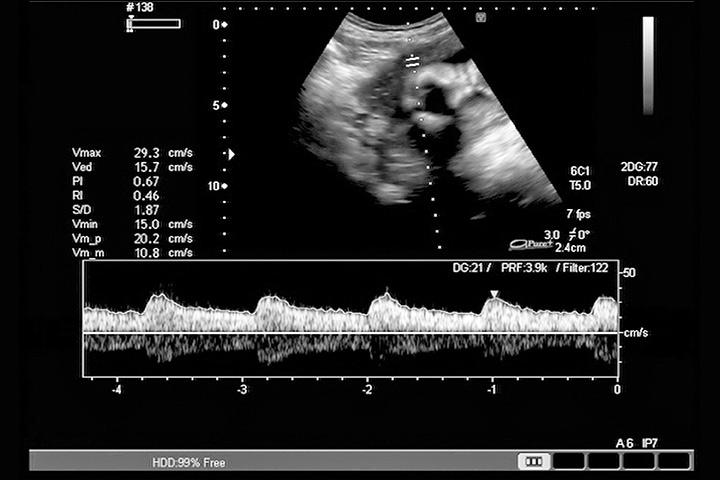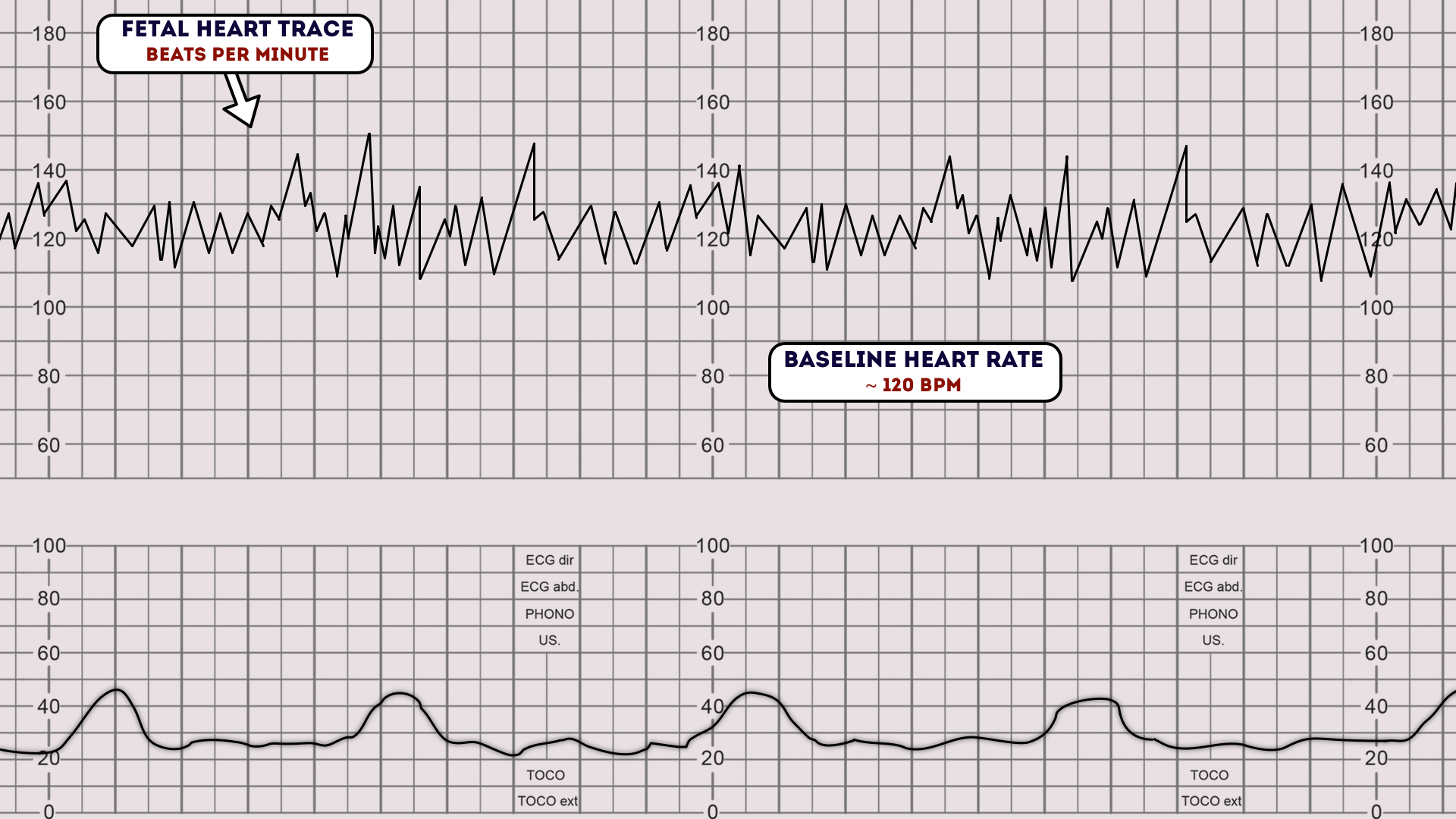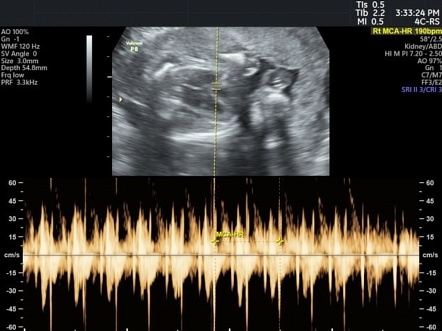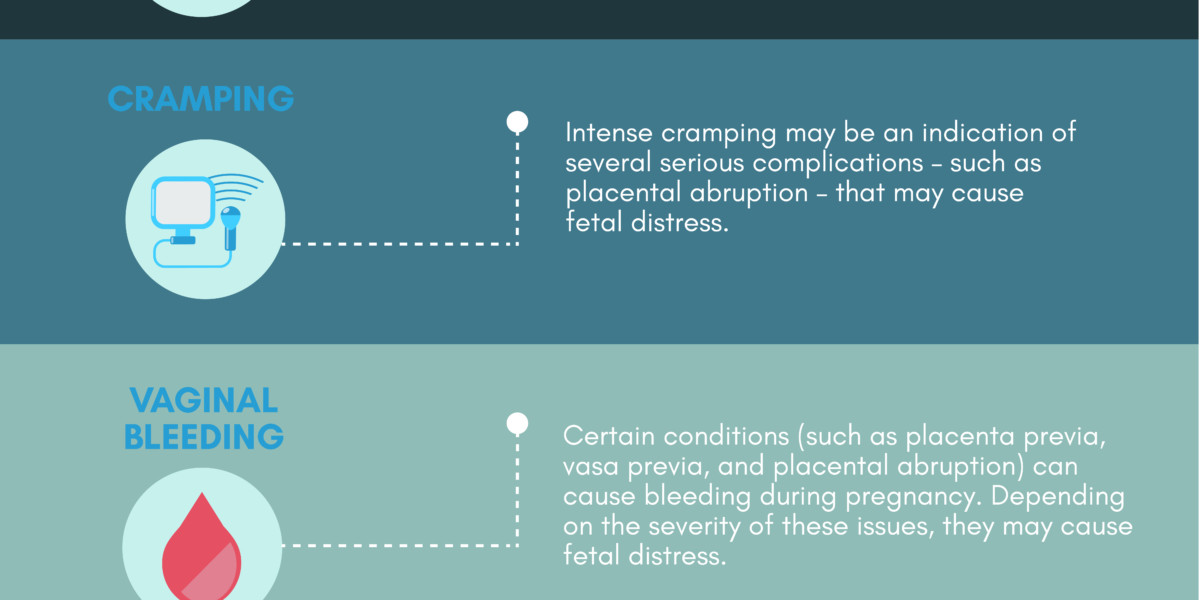The New York Times Health Guide states that Wolff-Parkinson-White syndrome is one of the most common causes of tachycardia in babies and children. Higher or lower rates can be a sign your baby is having trouble coping with labour depending on a number of factors.

High Heart Rate While Pregnant Reasons Signs Treatment
Thus during pregnancy the pulse rate recorded will be higher by 10-20 beatsminute.
What causes high heart rate in fetus. In Wolff-Parkinson-White syndrome there are extra cells and an accessory pathway causing additional. Late returns to the baseline heart rate after a contraction late decelerations In addition to fetal monitoring an abnormal fetal heart rate may be recognized in a non-stress test NST or a contraction stress test CST. The human fetus commonly exhibits periods of lowered activity referred to as sleep cycles.
A child may develop a high resting heart rate if they consume coffee energy drinks or several sodas throughout the day. It is possible that high levels of caffeine consumption may cause heartbeat irregularities but currently only case studies have been performed. Fetal behavioral state influences the cardiac reactivity.
For example one controllable factor is caffeine. Fetal arrhythmia has been linked to a number of possible causes. A normal NST is called reactive meaning that the babys heart.
During labor particularly when you push youll have abrupt changes in blood flow and pressure. Labor and delivery add to your hearts workload too. Finally a prolapse or compression of the umbilical cord may also lead to bradycardia in an unborn baby.
An active baby has a higher heart rate whereas a sleeping baby has a lower heart rate. During pregnancy the heart of a pregnant woman has the additional responsibility of pumping blood to the growing fetus. The fetal heart rate should be between 110 and 160 beats per minute during the third trimester of pregnancy and labor.
This increase in demand causes the heart to work extra hard and pump at a faster rate to meet the increased demand. Fetal tachycardia is an abnormal increase in the fetal heart rate. Hypotension in the mother can also result in a reduced fetal heart rate whether for just a few minutes or long-term.
Higher blood sugar levels correlate to a higher fetal heart rate whereas lower levels contribute to a lower heart rate. Tachycardia an abnormally fast heart rate Bradycardia an abnormally slow heart rate Variable decelerations abrupt decreases in heart rate Late decelerations late returns to the baseline heart rate after a contraction. During pregnancy your blood volume increases by 30 to 50 percent to nourish your growing baby your heart pumps more blood each minute and your heart rate increases.
The truth is your babys heart will likely start beating sometime around week 6 of your pregnancy. In some cases healthcare providers may not be able to pinpoint the source especially if the abnormal rhythm is transient. Your babys heart starts beating when you enter 6 th week of your pregnancy.
You can even see that heart beating on an ultrasound. Fetal heart rate is modified by autonomic activity and may show reduction or absence of reactivity in the presence of hypoxia neurologic depression maternal drug ingestion or acidosis. Heart rate abnormalities that are signs of fetal distress.
It is variably defined as a heart rate above 160-180 beats per minute bpm and typically ranges between 170-220 bpm higher rates can occur with tachyarrhythmias. An abnormally high pulse rate above 100 beats per minute is also called tachycardia and it occurs when the heart tissues produce electrical signals rapidly affecting the upper or lower chamber of the heart or both. The heart rate may start as low as 90 bpm and may continue to increase until week 9 and be around 155-195 bpm.
There are several ways your babys heart rate is monitored. Normally electrical impulses in the heart are produced conducted and regulated by a finite amount of specialized cells and tissues. The normal range for a full term babys heart rate during labour is between 110 and 160 beats per minute bpm.
Other Causes of a High Heart Rate. Below 140 bpm youre carrying a boy. This rate is controlled by electrical signals within the heart.
This is among many old wives tales associated with pregnancy. Heart rates also fluctuate due to fetal activity or stress. Blood sugar levels.
Sometimes the culprit behind a childs fast heart rate is much easier to fix. During an NST a medical professional looks at how the babys heart rate changes when the the fetus moves. One of the most common causes is medication taken by the mother such as narcotics an epidural or synthetic oxytocin.
You can even see and measure this flicker of light on.

Fetal Heartbeat Week By Week Chart And Methods Used To Monitor It

Cardiotocography Ctg Recorded Variation In Basal Fetal Heart Rate Download Table

Signs Of Fetal Distress And Possible Causes

Baby S Heart Rate During Labour What S Normal And What S Not Bellybelly

How To Read A Ctg Ctg Interpretation Geeky Medics

Fetal Heart Rate In The First And Second Trimester Radiology Reference Article Radiopaedia Org

Signs Of Fetal Distress And Possible Causes

High Heart Rate While Pregnant Reasons Signs Treatment

Fetal Tachycardia Radiology Reference Article Radiopaedia Org

High Heart Rate While Pregnant Reasons Signs Treatment

Can Fetal Heart Rate Predict A Miscarriage Babymed Com

Signs Of Fetal Distress And Possible Causes

High Heart Rate While Pregnant Reasons Signs Treatment

How To Take Care Of Your Heart During Pregnancy Singlecare

Signs Of Fetal Distress During Pregnancy The Hie Help Center

Baby S Heart Beat Does It Really Tell You The Baby S Gender Pregnancy Treasures


